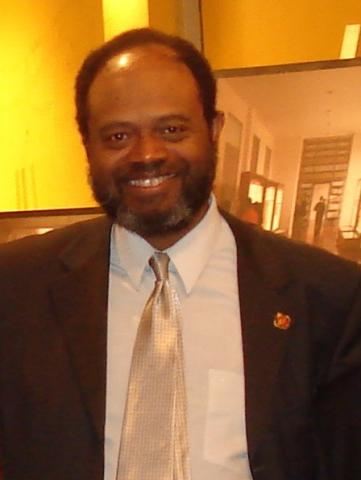Examples of opportunities in Peru.
Last week, we visited Moquegua and Ilo, in southern Peru. We took a two-hour scheduled flight (there are several per day) to the southern town of Tacna, which is on the border with Chile and very popular with Chilean nationals. Then it was around a two-hour drive to the town of Moquegua, which has 60,000 inhabitants and a university that recently set up in empty barracks: the National University of Moquegua.
The region currently receives considerable support from what is called the "mining fund", the dividends paid by the mines for the use of the land and in particular the sub-soil in the area.
According to analysts, the seams currently being mined will be exhausted within 50 years at the latest. The region, which is divided between the Andes and the Peruvian coast where the town of Moquegua is located, is therefore looking for economic and development alternatives. This type of research was bound to attract the attention of Belgium, particularly Wallonia and Brussels, and they have offered their expertise, technologies, products and services.
One example of a productive achievement in the region is a 50-hectare solar panel park.
An elevated area (more than 3,000m in the Andes) has been designated a particularly pure zone for observing the skies. It is due to become home to the third largest astronomical observatory in the world after Chile and Hawaii.
I was invited by the Region, the Municipality and the University to attend speeches at the University of Moquegua and Ilo, together with four specialists from the University of Las Palmas in Gran Canaria (Spain).
These specialists came to present their proposals in the following areas:
- desalination and purification of seawater to compensate for the lack of water in the desert area
- production of electricity from clean, renewable non-fossil energies using wind, solar and hydraulic power.
- generation of food production for dairy products and their derivatives by breeding goats originally from the Canaries.
Our proposal is to analyse the possibility of a multi-functional theme park that includes a permanent display window with Belgian, Walloon and Brussels products and technologies in the forefront.
Why a permanent display window? Because a theme park that is regularly expanded over a planned one-thousand hectare plot and whose subject is the history of the country and its new regional focus on what is good for the planet and those who live on it, is a magnificent opportunity in so many areas, including construction, the hotel trade, catering, university, shops, plantations, water collection, optimisation of the use and re-use of this water, communications, waste processing, composting, lagoon systems, non-polluting mobility, education, miscellaneous services, recycling and different forms of production.
Disadvantages? Desert area (even if there is a green oasis in some areas), small population: 60,000 inhabitants.
Advantages? Needs in a number of areas, regional willingness, new spaces for building and production. Climate between summer and spring all year round. Minimum 10°C, Maximum +30°C. Basic infrastructure exists in the towns of Tacna (airport with daily flights), Ilo (sea port), Moquegua (electricity, telephone, internet, roads, etc.), proximity to Chile. Opportunities for taking part in the project.
Many areas of the country and the neighbouring countries require high-quality products, developments and services. Peru is a nation hub on the west coast of South America.
Direction? In a pre-Las Vegas context, to create a park that generates mass attraction on a tourist/recreational, education/pedagogy/research level, a number of new and interconnected models brought together in one place and generating visits for enjoyment, short/average and long training/educational courses, trade, experiments, evaluations, development, etc.
Possible meeting in Belgium in early February.

